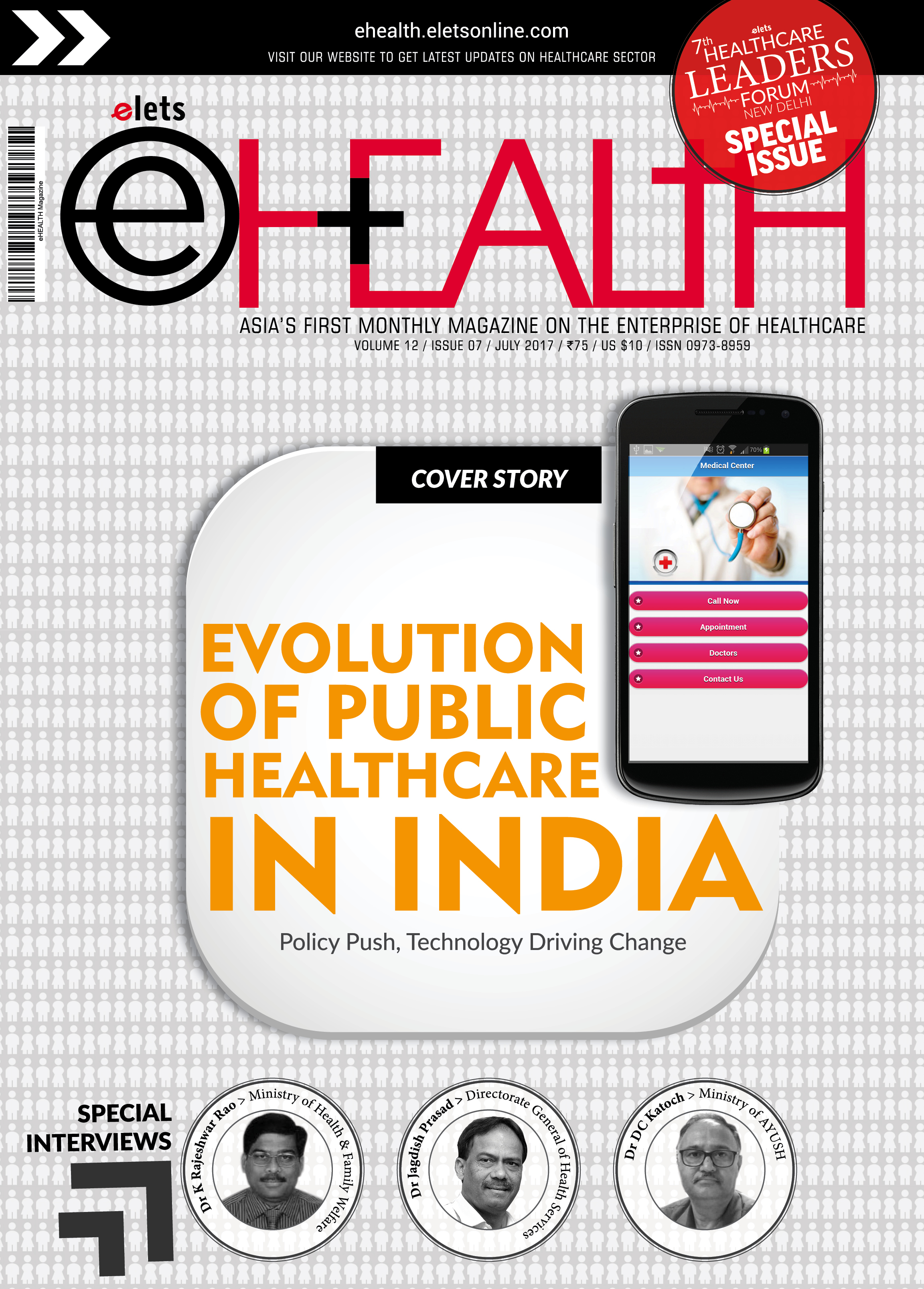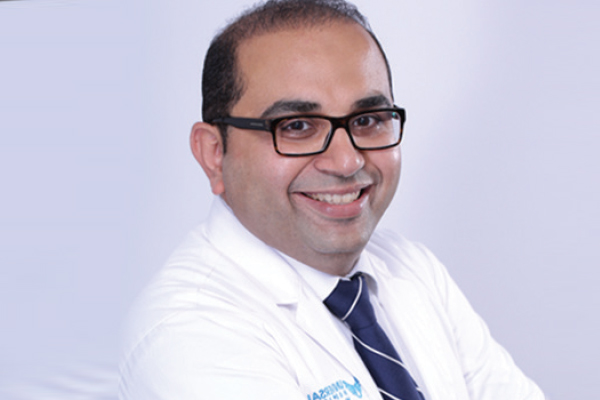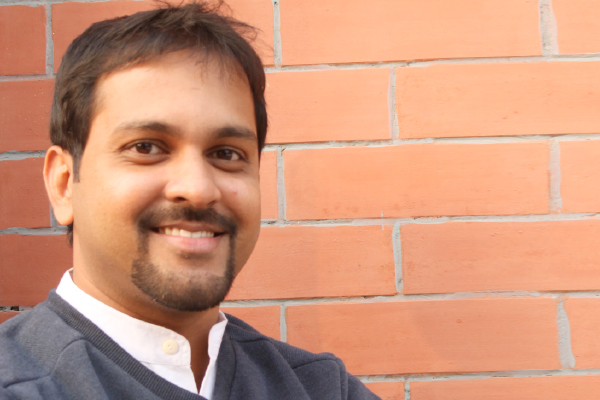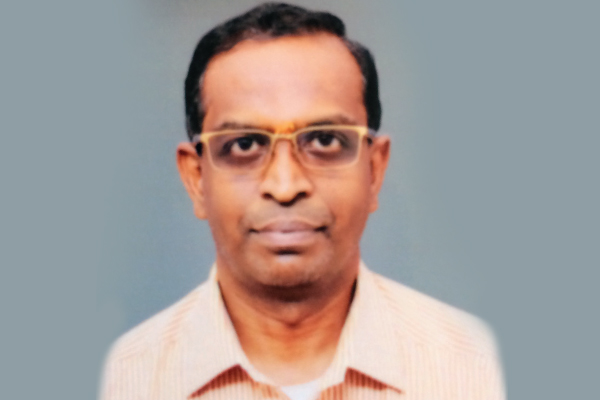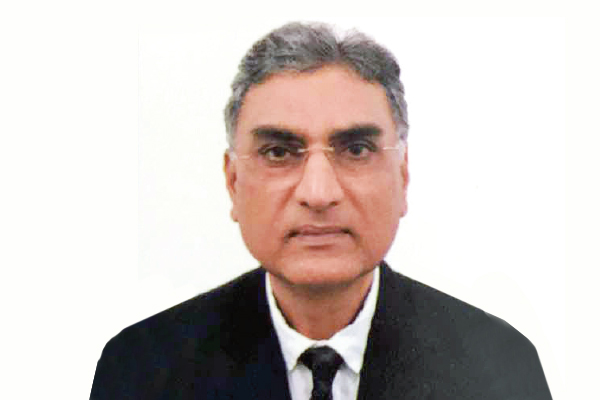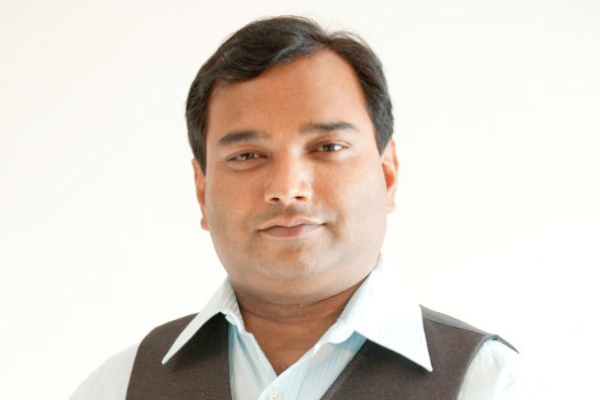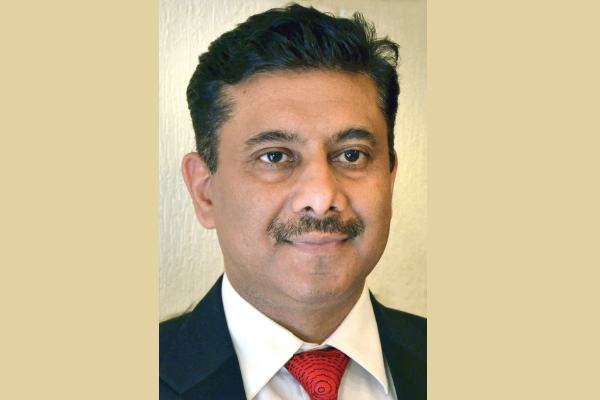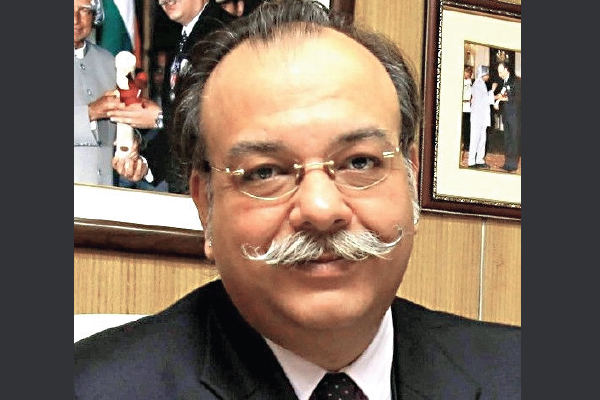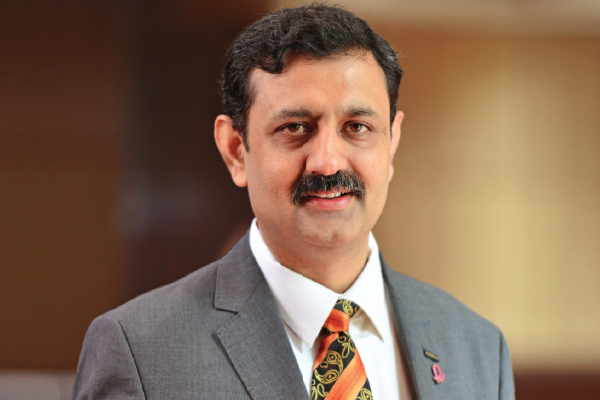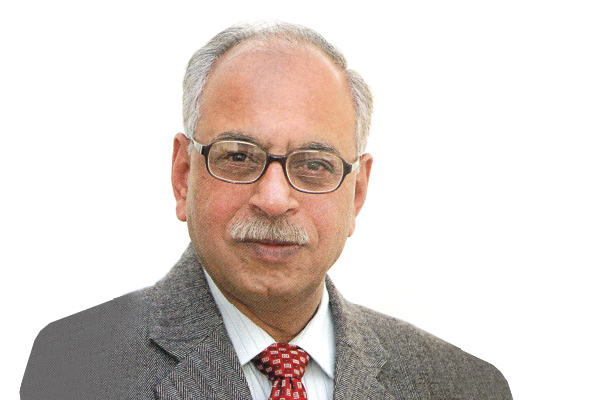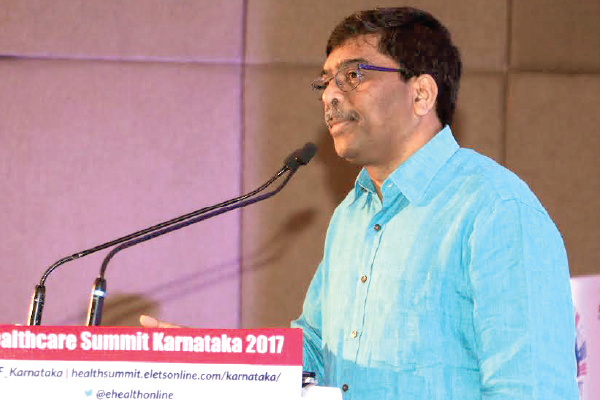
 The National Urban Health Mission has made a considerable progress since its inception and currently employs more than 24,000 personnel. Besides, more than 4,000 urban Primary Health Centres are delivering comprehensive healthcare in urban areas, says Dr K Rajeswara Rao, Joint Secretary, Ministry of Health and Family Welfare, Government of India, in conversation with Gautam Debroy of Elets News Network (ENN). Excerpts
The National Urban Health Mission has made a considerable progress since its inception and currently employs more than 24,000 personnel. Besides, more than 4,000 urban Primary Health Centres are delivering comprehensive healthcare in urban areas, says Dr K Rajeswara Rao, Joint Secretary, Ministry of Health and Family Welfare, Government of India, in conversation with Gautam Debroy of Elets News Network (ENN). Excerpts
Q. You are leading the National Urban Health Mission (NUHM). Tell us about the key initiatives launched by the Ministry of Health and Family Welfare under the mission.

The National Urban Health Mission (NUHM) was launched in 2013, covering all the cities and towns with more than 50,000 population and district and State headquarters with more than 30,000 population.
Since its launch, the mission has made considerable progress and we currently have more than 24,000 personnel consisting of medical, paramedical and programme management resources. Under NUHM, more than 4,000 urban primary health centres are delivering comprehensive healthcare in urban areas across the country. Community involvement is being ensured through 54,000 ASHAs (Accredited Social Health Activists) and more than 59,000 Mahila Arogya Samities have already begun operations.
Guidelines and brochures for various thematic areas like vulnerability mapping, capacity building framework, quality assurance, Auxiliary Nurse Midwifery guidebook, medical college collaborations, community process, Information Education Communication (IEC) and Behaviour Change Communication (BCC) have been issued to all the States and the Union Territories (UTs).

Joint meetings and video conferences with all the 35 States and UTs ware held in February this year to focus on convergence with other programmes and departments like National Urban Livelihoods Mission (NULM), Housing and Urban Poverty Alleviation (HUPA), Swachh Bharat Mission (SBM) and Ministry of Urban Development (MoUD) to address issues linked to the social determinants of health.
National and State-level workshops for municipal corporations, urban local bodies, on community processes, quality assurance, public private partnership, orientation of State Institutes of Health and Family Welfare (SIHFW) and State Health System Resource Centres (SHSRC) have been organised from time to time to facilitate the implementation process of the programme across the country. To focus on the quality parameters, Kayakalp Award Scheme is to be implemented in all the urban health facilities.
NUHM has also organised sensitisation workshops with medical colleges to leverage the existing provisions of Medical Council of India (MCI) guidelines, wherein they are mandated to run urban health training centres. These centres can be utilised for providing training, curative and referral services. Involvement of Nursing Council under NUHM by deploying nursing students for six-eight weeks in urban health facilities is also encouraged. In this regard, a Demi Official (DO) letter has already been issued to the state principal secretaries (health and family welfare).
Q. Which is the nodal agency for implementation of NUHM in States and cities?
Flexibility has been given to the states for implementation of NUHM either through the Health Department or urban local bodies, except for the seven metro cities where implementation will be through the urban local bodies only. A bipartite MoU regarding the implementation of the NUHM will be entered between the SHS (State Health Society) and urban local body with the provision of periodical reporting and review of the progress.
Q. What are the challenges for National Urban Health Mission?
The National Urban Health Mission envisages addressing healthcare needs of the urban population, with focus on the urban poor and special emphasis on slum population, by making available to them essential primary healthcare services and reducing their out-ofpocket expenses for treatment. This will be achieved by strengthening the existing healthcare service delivery system, targeting the people living in slums and converging various schemes relating to wider determinants of health like drinking water, sanitation, school education, etc. implemented by the Ministries of Urban Development, Housing and Urban Poverty Alleviation, Human Resource Development and Women and Child Development.
As NUHM programme has multiple stakeholders, particularly in the metros where implementation is through urban local bodies, often coordination and collaboration becomes a challenge. To address some of these challenges, NUHM is undertaking a series of training programmes for senior and mid-level officers of Health Department and sensitisation workshops of elected representatives of urban local bodies and their functionaries. These are being organised through premier institutes like Indian Institute of Management (Ahmedabad) and The Advertising Standards Council of India (ASCI) with the support of Asian Development Bank (ADB).
Letters have been sent by the Minister for Health and Family Welfare, Government of India to Chief Ministers and Urban Development Ministers of the States. The Joint Secretary (UH) has also written/communicated to Mayors of all major cities or towns regarding the key thrust areas (mapping of urban vulnerable population, HR augmentation, service delivery through proximal UPHC/ UCHC, convergence, community participation outreach activities, financial strengthening, etc.) for accelerating the implementation NUHM.
Capacity building of human resources under NUHM, and especially service delivery functionaries in soft skills, communicable and non communicable diseases, dealing with social and psychological issues, is also being undertaken.
Q. The Government of India is coming up with a National Health Protection Scheme. Give us a brief idea about it.
The National Health Protection Scheme was announced by the Prime Minister on 15th August to provide coverage to the poor and vulnerable section. The contours of proposed National Health Protections Scheme (NHPS) are under consideration of the Cabinet and approval on the same is awaited.
 Q. What is the success rate of Rashtriya Swasthya Bima Yojana (RSBY)?
Q. What is the success rate of Rashtriya Swasthya Bima Yojana (RSBY)?
RSBY is a cashless health insurance scheme which provides annual coverage of Rs 30,000 to a family of five through a biometric smart card. It targets Below Poverty Line (BPL) households and 11 other defined categories of unorganised workers. An add-on health insurance cover for senior citizens as a top up over the existing RSBY scheme is being implemented since 1st April last year. The scheme covers every senior citizen, providing additional coverage of Rs 30,000 per senior citizen in the RSBY enrolled families.
During 2016-17, RSBY is being implemented in 15 states, while SCHIS is being implemented in eight states. More than 3.63 crore families with more than 12.6 crore persons are covered under RSBY. More than 1.5 crore beneficiaries have availed hospitalisation benefits since inception of the scheme.
Q. What are Ministry of Health and Family Welfares plans to develop the health sector in North-Eastern States?
An outlay of Rs 752.05 crore has been earmarked for the current financial year 2017-18 under NUHM. The funds will be transferred to the states through the treasury route to the state health societies on the basis of the Programme Implementation Plans (PIPs) approved by the Government of India.
Both RSBY and NUHM are centrally-sponsored programmes with majority of funding from Government of India.
The premium of RSBY is being shared between the Centre and the states in the ratio of 60:40, while in case of north-eastern states and three Himalayan states the premium is shared between the Centre and the States in the ratio of 90:10 respectively. In case of Union Territories, the premium is fully borne by the Government of India. Special support has been provided to the states of Assam, Nagaland and Tripura through technical experts to enhance the capacity of the state machinery by this ministry with the support of German Development Cooperation, GIZ.
Flexibility has been given to the states for implementation of NUHM either through the Health Department or urban local bodies, except for the seven metro cities where implementation will be through the urban local bodies only.
Ministry officials are doing regular interactions for discussion on NUHM issues, such as finance and other operational issues. Orientation workshop on NHM/NUHM PIP Guidelines was conducted in January 2017 at Guwahati. NUHM workshop will be conducted shortly for sensitising state officials and urban local bodies.
The Government of India always encourages the north-eastern states by extending support and hand holding for better implementation of the programmes.
Be a part of Elets Collaborative Initiatives. Join Us for Upcoming Events and explore business opportunities. Like us on Facebook , connect with us on LinkedIn and follow us on Twitter , Instagram.


